Preventive Healthcare
Treatments and Remedies for Period Pain Relief
17201 Views
0
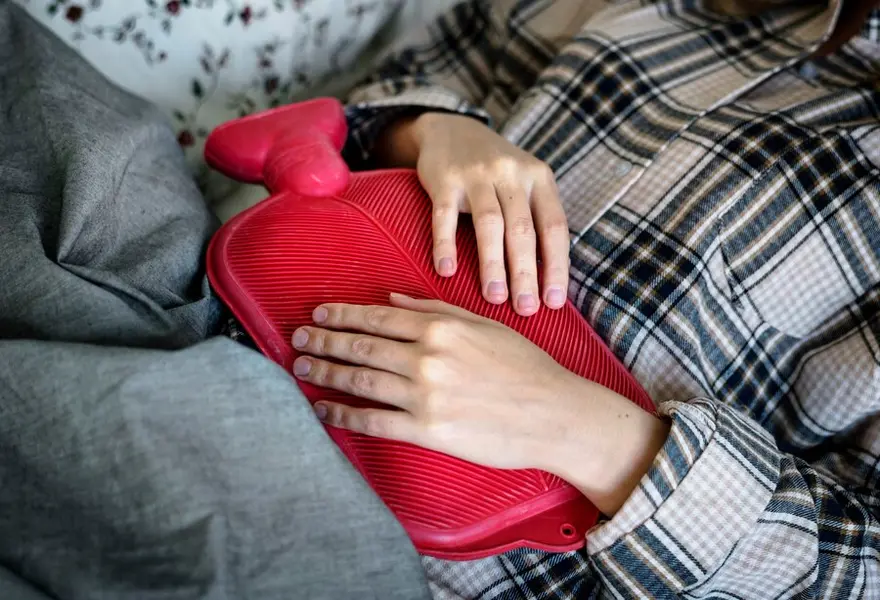
The days before and after your periods are often a little bit uncomfortable, along with the feelings of bloating and irritation; you also feel lethargic; all you want to do is lie on the couch and read a book or watch your favourite shows. These feelings are the physical side effects of your menstrual cycle, also called PMS. These can differ from individual to individual and can be severe or mild. If you are someone who goes through this cycle of pain every month, we have a few home tips for period pain relief that are sure to help you.
Why do menstrual cramps happen?
When menstruating, it is expected to feel a little bit of discomfort around your lower back, abdomen, and thighs. When you are on your period, the muscles in your womb have to relax and contract to help shed the inner lining of your uterus. Sometimes, this can cause menstrual cramps, which means your muscles are working. Along with these cramps, you may also notice other symptoms, like:
While doctors are still unsure about what causes period cramps to be painful in some women and not in others, the following factors may contribute to this:
- Excessive menstrual flow
- Being under 20 years of age or just starting your periods
- Having your first child
- Having an overproduction of prostaglandins (a compound which influences your womb)
Other factors include:
- Endometriosis (Abnormal uterine tissue growth)
- Growths in your uterus
- Using birth control
Why Are Period Cramps Painful?
Dysmenorrhea, a condition related to severe menstrual cramps, is caused by the compound prostaglandin, which is commonly found in the body. Just before the start of your menstruation, every month, the levels of this compound, prostaglandin, in the lining of your uterus increase. The levels of prostaglandin are the highest on the first day of your menstrual period, which is why the period cramps and pain are usually the worst on the first day. As the lining of your uterus is shed and your period progresses, the levels of prostaglandin decrease, taking the pain along with it.
How to Tell if Your Period Cramping Is Normal
Your level of period cramps and pain is usually similar from one month to the next. For some women, this pain can be mild, while others have to undergo pain that is quite debilitating. If you experience the same pain levels every month during your menstrual cycle, there is no cause for concern. You can follow some of the period pain relief tips mentioned later to make yourself more comfortable during this time.
Can Bad Period Cramps Be a Sign of Something Else?
While period cramps don't usually signify something being wrong, in some cases, they can be a symptom of an underlying medical condition. Some of the common conditions related to unexplained changes in the level of your pain and sudden period cramps include
- Endometriosis: This disorder occurs when tissue similar to the one present inside the uterus starts to form on the outside of your uterus. This tissue then adheres to your bladder, ovaries, or bowels. Some types of period pain can be a symptom of endometriosis.
- Uterine fibroids: Fibroids are noncancerous growths that can form inside your uterus. They can vary in size from specks to bulky masses. When these fibroids degenerate, it can cause an intense period cramp.
- Adenomyosis: In this condition, the same tissue that causes endometriosis starts to grow within the muscle walls of the uterus. This causes swelling in the uterus and causes painful menstrual cramps.
Can You Heal Menstrual Cramps With Home Remedies?
When menstrual cramps are getting you down, here are a few at-home period pain treatment options that you can use to get relief.
Use a heat patch
Use a heat patch to wrap around your abdomen that helps the muscles of your uterus to relax. As these muscles cause period cramps, heat helps to boost the blood circulation around your waist, providing period pain relief. Research has shown that heating pads can be more effective in period pain treatment than Acetaminophen or Tylenol.
Abdominal heat patches are readily available online or at your local drugstore and are easy to use. All you have to do is peel them and stick them on your abdomen.
Although practical, hot water bottles and electric heating pads are not as convenient as heat patches; you can use them when relaxing at home and do not need to move around too much.
Essential oil massages
Some essential oils, when massaged over your abdomen, have also been shown to help ease period cramps. You can choose to use a simple oil, but a blend of oils will be more effective in providing period pain relief. Some of the commonly used essential oils for menstrual pain remedies include:
- Sage
- Rose
- Lavender
- Cinnamon
- Marjoram
- Clove
Before starting the massage, you must mix your preferred oil blend with a carrier oil like coconut or jojoba oil. Carrier oils are a safe way of using more potent oils on your skin and help them spread over a larger area. Ensure you do a patch test on a little portion of your skin to ensure no allergic reaction occurs. After preparing your oil mix, take a little bit on your hands and gently rub it over your tummy in a circular motion for menstrual cramps pain relief.
Over-the-counter pain medication
Another common period pain treatment option is over-the-counter pain relievers that you would generally take for something like a headache. Almost any kind of pain medication should work. However, research shows that nonsteroidal anti-inflammatory drugs or NSAIDs are most popular as they not only help give period pain relief but also reduce the number of prostaglandins in your body, thus reducing the pain.
Some of the commonly used NSAIDs are:
- Naproxen
- Ibuprofen
- Aspirin
Ibuprofen is one of the most commonly used over-the-counter painkillers for any pain. These medicines are best taken with discretion at the first signs of period cramps. However, it is essential to ensure that you talk to your doctor before taking any medication, as overuse of these drugs can cause other health issues like heart, kidney, or liver problems.
Exercise
According to popular research, low to medium-intensity aerobic exercise can help reduce pain caused by period cramps. Women who did 30 minutes of exercise at least three times a week for eight weeks saw a significant reduction in their period cramps. Easy ways of incorporating some form of aerobic exercise into your busy schedule are to consider walking or biking to work, use your lunch break to take a brisk walk and rack up your steps per day, have a dance session with your friends or loved ones, start playing a sport that you enjoy at least on the weekends.
Soak in the Bath
A relaxing hot bath is an excellent way of surrounding your pelvic, abdominal, and back muscles with the warmth they need to relax. Adding a few drops of essential oils like sage, rose, or lavender mixed with a carrier oil in your bathwater further enhances the pain-relieving power of a good soak. You can also add Epsom salts to the water to relieve muscle pain and deal with period cramps. For the most benefit, spend at least 15 minutes in the hot bath.
Yoga
Emphasizing that exercise helps relieve period cramps, yoga is another form of exercise which is considered a menstrual pain remedy. It was found that just one 60-minute yoga class per week for 12 weeks can help significantly relieve menstrual cramps. Finding a yoga class with a physical and relaxation component is the most effective in reducing the pain from period cramps.
Supplements
A few different types of dietary supplements are also known to help reduce menstrual cramps. However, doctors are not exactly sure how they work. While a 2017 review has shown magnesium to be effective in relieving period cramps, nine studies show that natural ingredients like ginger, fennel, and cinnamon also help reduce period pain. Cinnamon has also been shown to shorten the duration of your pain.
Other supplements which are effective period pain remedies include:
- Vitamin B6, B1, E, and D
- Vitamin B12 and fish oil
- Calcium
Like any other medication, always confirm with your doctor before starting any dietary supplement, as some supplements can react with other drugs and cause adverse effects.
Avoid salty food and caffeine
Your diet also plays a massive role in improving or worsening your menstrual cramps. Foods that help reduce inflammation, like:
- Berries
- Avocado
- Fatty fish
- Extra virgin olive oil
On the other hand, limiting certain foods that cause bloating or discomfort can help reduce your pain. These foods include:
- Alcohol
- Fatty foods
- Salty foods
- Caffeine
Research also shows that following a Mediterranean diet and limiting alcohol can help you have lighter, shorter periods and reduce menstrual pain.
Stay hydrated
Staying dehydrated can cause your menstrual pain to be even more painful. Try to drink at least 3 litres of water every day. If you live in a hotter city, you must increase your liquid intake. The same goes for if you have been exercising or feel more thirsty throughout the day.
Acupressure
Acupressure is a noninvasive way of menstrual cramp treatment. In this process, you use your fingers to apply firm pressure to different body parts, which may help ease several symptoms.
Acupressure has been shown to reduce the severity and duration of period cramps. Here are a few ways you can relieve period pain:
- Rub small circles on your calf at a point just above your ankle.
- Measure four fingertips up from your inner ankle bone
- Firmly rub this spot and the area around it for a few minutes
- Repeat this daily as needed before or during your period.
Change your sleeping position
Sleeping in the fetal position is considered to be one of the best period pain remedies. This position does not put any weight on your abdomen or lower back, where you may typically feel the pain of the period. Whether you are trying to nap or get a comfortable night's sleep, it won't hurt to try this position, even though there is no research on how it helps reduce period pain.
Consume warm beverages
Warm drinks like non-caffeinated teas or hot water with honey can help soothe period pain.
When to see a doctor?
While period cramps are very common, having severe pain is not. You may need to set up an appointment with your doctor if you experience:
- Painful period cramps that are hampering your day-to-day activities
- A noticeable change in the severity of your menstrual cramps at or after age 25
These could be signs of more severe health issues, such as
- Endometriosis
- Sexually transmitted infections
- Pelvic inflammatory diseases
- Adenomyosis
- Uterine fibroids
- Cervical stenosis
If you are concerned about your health, one of the best ways to stay on top of things is to get regular body check-ups. It helps you make sure you are on track and also helps detect early signs of problems before they become serious. Metropolis Labs is a diagnostics laboratory that provides excellent blood tests and health checks and is one of the best ways to make sure you are healthy.








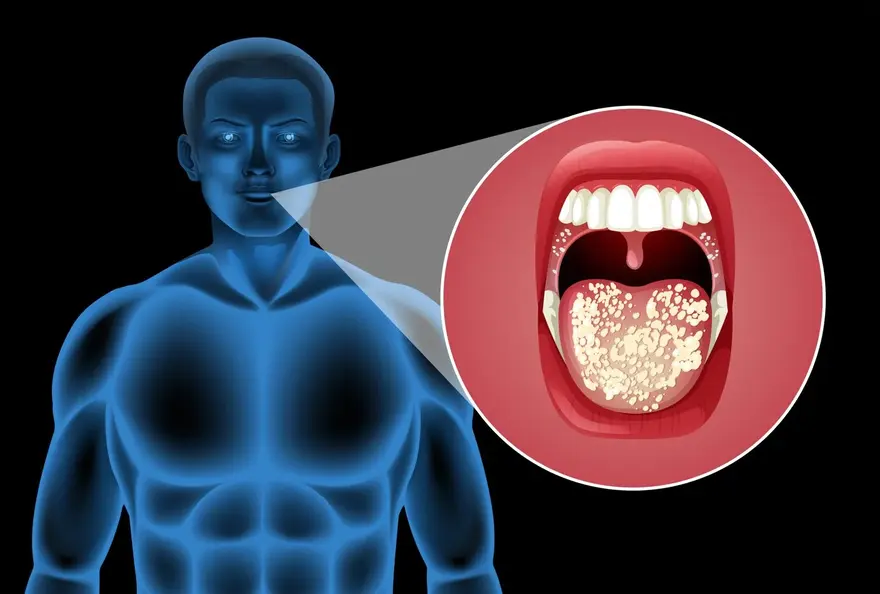
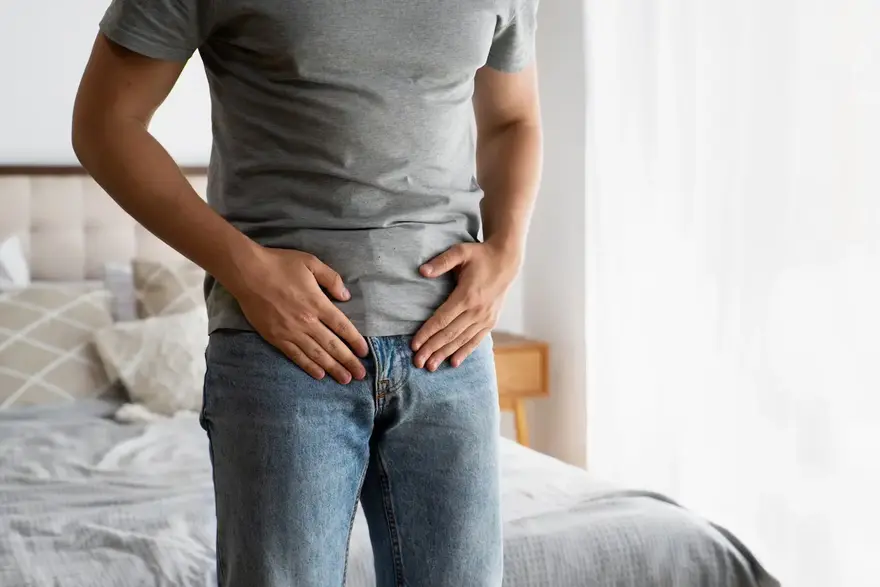
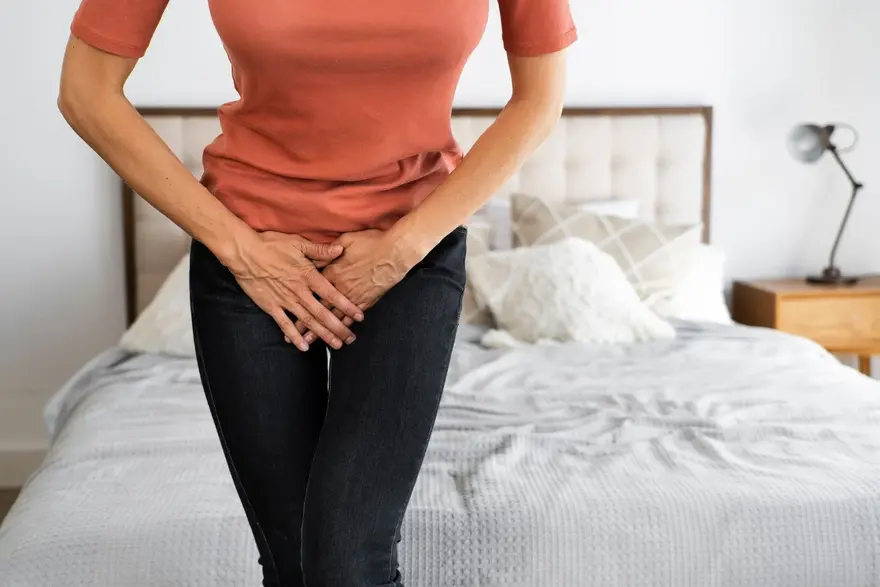
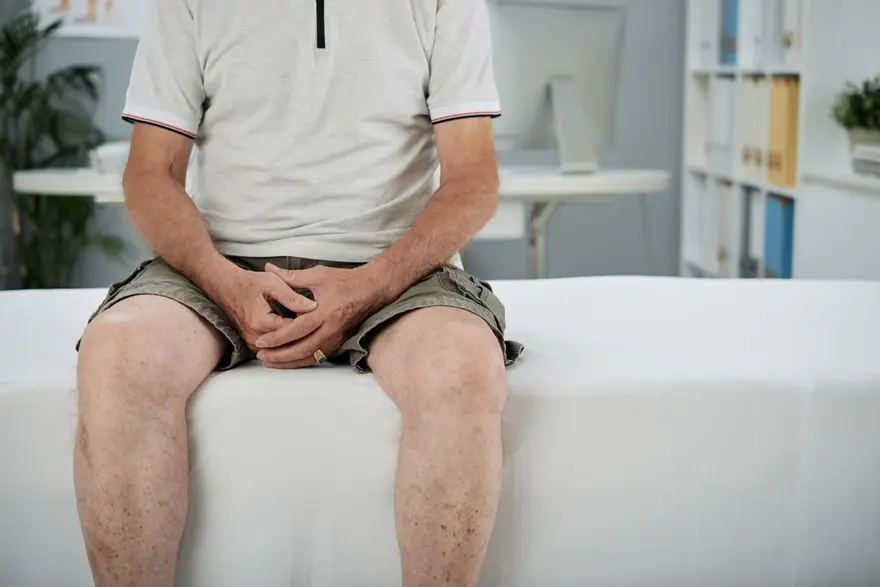
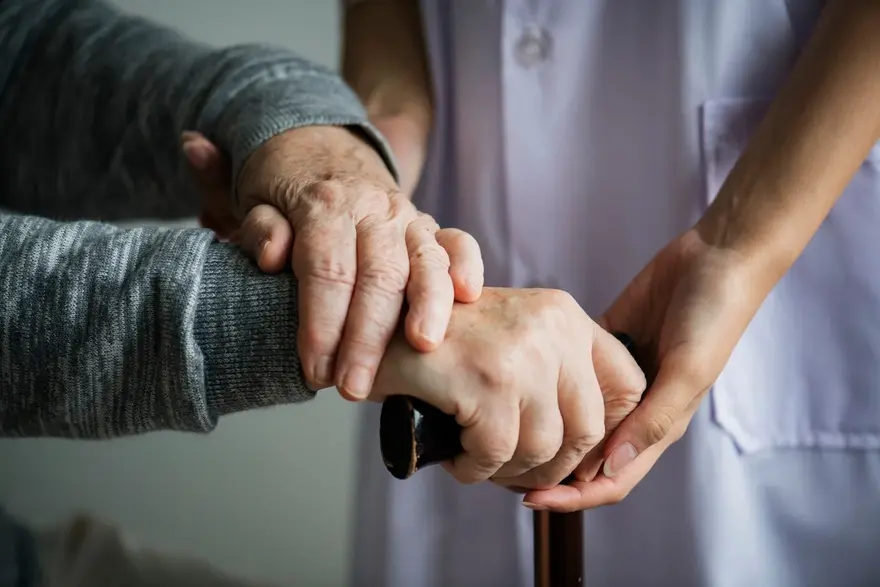










 WhatsApp
WhatsApp